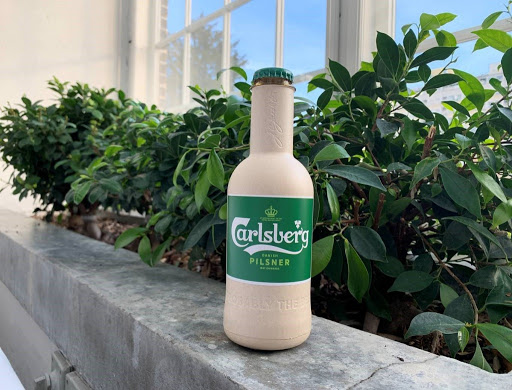

Degrading plastic? A sustainable solution to plastic pollution.
When it comes to the environment, one thing that really needs to change is just how much plastic pollution we see around the world.
Globally, there are 300 million tonnes of single use plastic waste produced every year. Once these plastics have been used, they then find their way into not only the landfills (which are filling up) but also the oceans too. It may even end up in our drinking water.
This not only has an impact on our health, but also can impact the ocean life too. Neither of which is good news for the future of the planet.
One huge thing to think about when it comes to plastics is that they take hundreds of years to decompose, which means that they sit around for some time, clogging up the landfills and poisoning the seas. Not only this, but companies find that the cost of recycling plastic is much higher than it is to produce brand new plastic. With this in mind, it is easy to see why many companies simply get to work producing more plastic rather than trying to recycle what they already have manufactured.
Enter Avantium – We may be one step closer to degrading plastic
In Holland a Dutch renewable chemicals company called Avantium have decided that they want to work on a sustainable solution to plastic pollution. They have developed technologies which uses plant sugars as a substitute for the oils and chemicals which are usually used in the production of plastics.
These sugars contain the same carbon, hydrogen and oxygen atoms that are present in oils, they are just arranged in a different way, which means that they can decompose much quicker. These plant based plastics can even be used to contain carbonated drinks without worrying about the impact that they have on the environment. So much so, that many of the big names in the drink industry are already interested in learning more about working with Avantium.
So, what does this actually mean?
Not only will this brand new approach to plastic decompose in around one year (compared to the 100 years that a standard plastic bottle can take). But when they are produced they will also use a whole lot less fossil fuels.
It might take some time for these bottles to be produced, however, it is hoped that the packaging will be ready to hit the shelves by 2023, which, is just the news that we were hoping to hear.
We hope that over time more companies take the Avantium lead and start to create their own plant based alternatives to the plastics that are already used. They may be small steps, but they are steps in the right direction, which means that in no time at all we will have a much better approach to plastics for the future of our planet.





